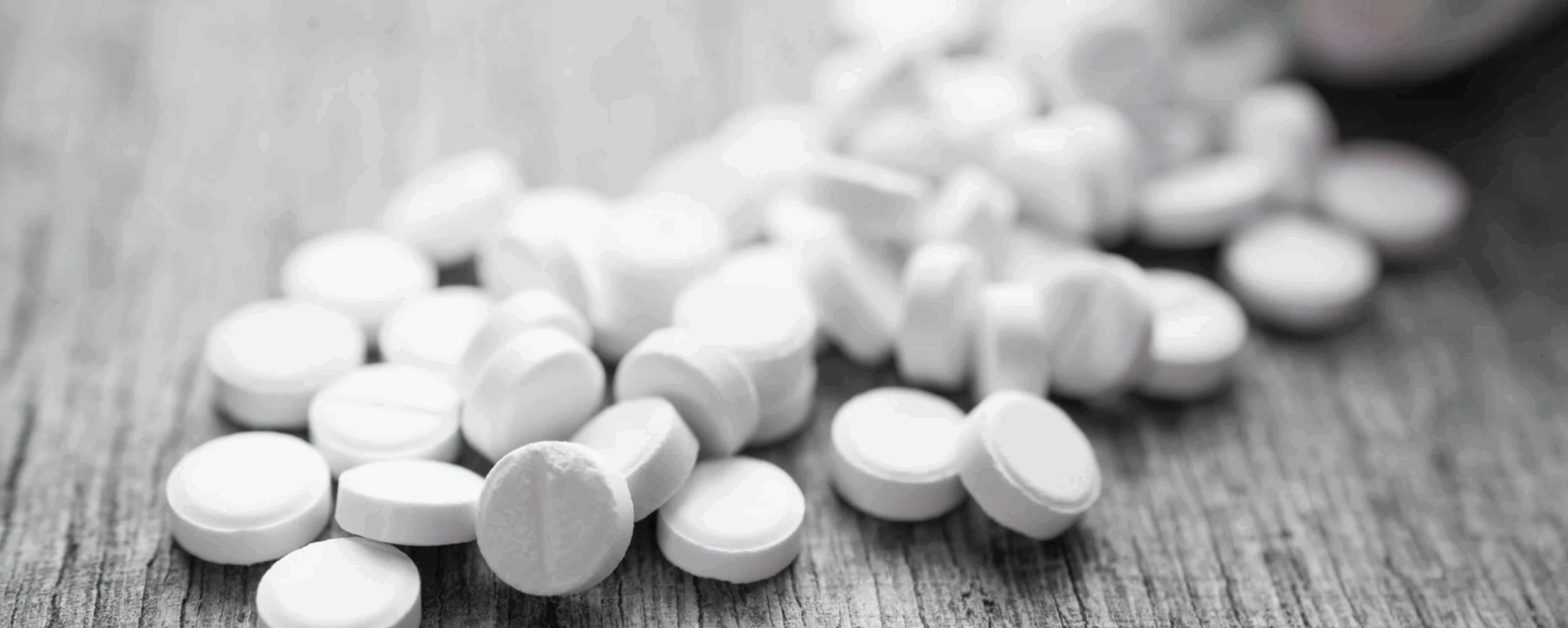With the opioid crisis reaching alarming levels— over 140 Americans die every day from opioid overdose (National Public Radio) and thousands of major pharmacies across the country now sell non-prescription Narcan, a naloxone nasal spray used to reverse the effects of opioid overdose— methamphetamine use has been flying under the public health radar.
In 2005, meth was declared “America’s Most Dangerous Drug” by Newsweek, as “cookers” began buying cold medicine, containing ingredients that may be used in at-home meth labs, and became a serious problem— until lawmakers took notice and enacted legislation that made obtaining cold medicine far more difficult. Domestic meth lab numbers sunk and meth production went up just south of the national border, in Mexico.
Still, methamphetamine overdose death rates decreased dramatically following the 2005 crackdown. Then, between 2008 and 2016, meth-related overdose deaths increased over 450 percent, according to an analysis conducted by the Free Beacon, an independent Washington State-based newspaper. A statewide study commissioned by Wisconsin Attorney General in 2017 found that meth use had increased by at least 250 percent since 2011— a figure that could rival heroin use.
Meth resurgence has also been seen in a number of other states, including Ohio, where the opioid crisis can be seen at its worst.
In mid-2011, the number of admissions to publicly-funded treatment facilities for methamphetamine reached a record low of 107,000, only to sharply increase to over 135,000 in just three years. Meth-related overdoses more than doubled from 2010 to 2014, the most recent available figures from the National Center for Health Statistics.
What makes meth so dangerous?
Meth, like cocaine, is a highly addictive, illegal stimulant that damages dopamine-releasing cells in the brain. With prolonged use, meth may cause:
- Extreme weight loss. It is not uncommon for meth users to be described as looking gaunt or deathly.
- Severe tooth decay. Meth can lead to severe, irreversible damage to teeth and gums. This decay is commonly referred to as “meth mouth.”
- Insomnia. Someone on a meth run may be unable to sleep for days at a time.
- Psychosis. Meth users will often exhibit odd, concerning behaviors, such as compulsive scratching, and act in confused, delusional ways.
- Death. Heart attack and stroke may result from bodily absorption of meth.
Unlike opioids, meth is often deemed “the slow killer,” taking lives with it on its slow, steady rise. This gradual increase in itself is cause for concern, as the explosion of the opioid crisis obscures the re-influx of meth; if the issue isn’t addressed early on, U.S. health officials could have another drug crisis of serious proportions on their hands.
Why is it making a return?
Meth never really went away— it just moved. After most small, domestic labs were shut down in the United States in the mid-2000s, methamphetamine production became concentrated in Mexico. In July 2018, border patrol seized almost 30 pounds of liquid meth, worth over $1 million. Seizures of meth at the U.S.-Mexico border have tripled in the last five years, and load sizes are increasing dramatically.
Today, average price per gram of meth is falling as purity and potency rise, making the stimulant both more affordable and more deadly. In 2015, almost 6,000 people died from stimulant—mostly meth— use (Centers for Disease Control and Prevention).
Treatment for methamphetamines
At Royal Life Centers at Puget Sound, we take a holistic, individualized approach to treatment. Our detox and inpatient programming combine the best in medical care with a host of evidence-based therapies for the most effective substance abuse treatment.
If you or a loved one has a methamphetamine addiction, please reach out to us today. We treat dependence on methamphetamines, as well as opioids, benzodiazepines, cocaine, and alcohol. Our admissions team is available 24/7 at (877)-RECOVER to answer your questions.






